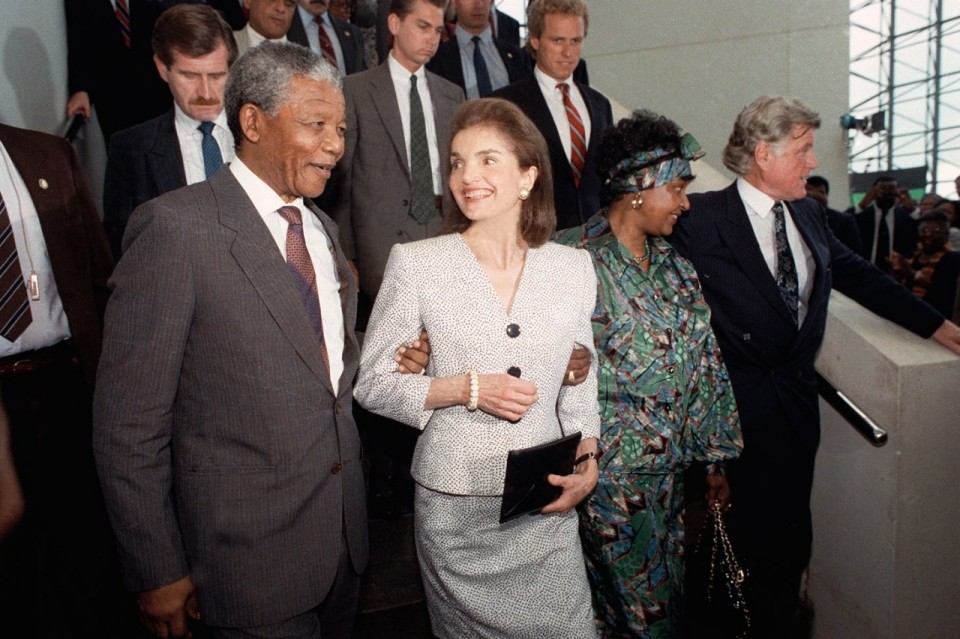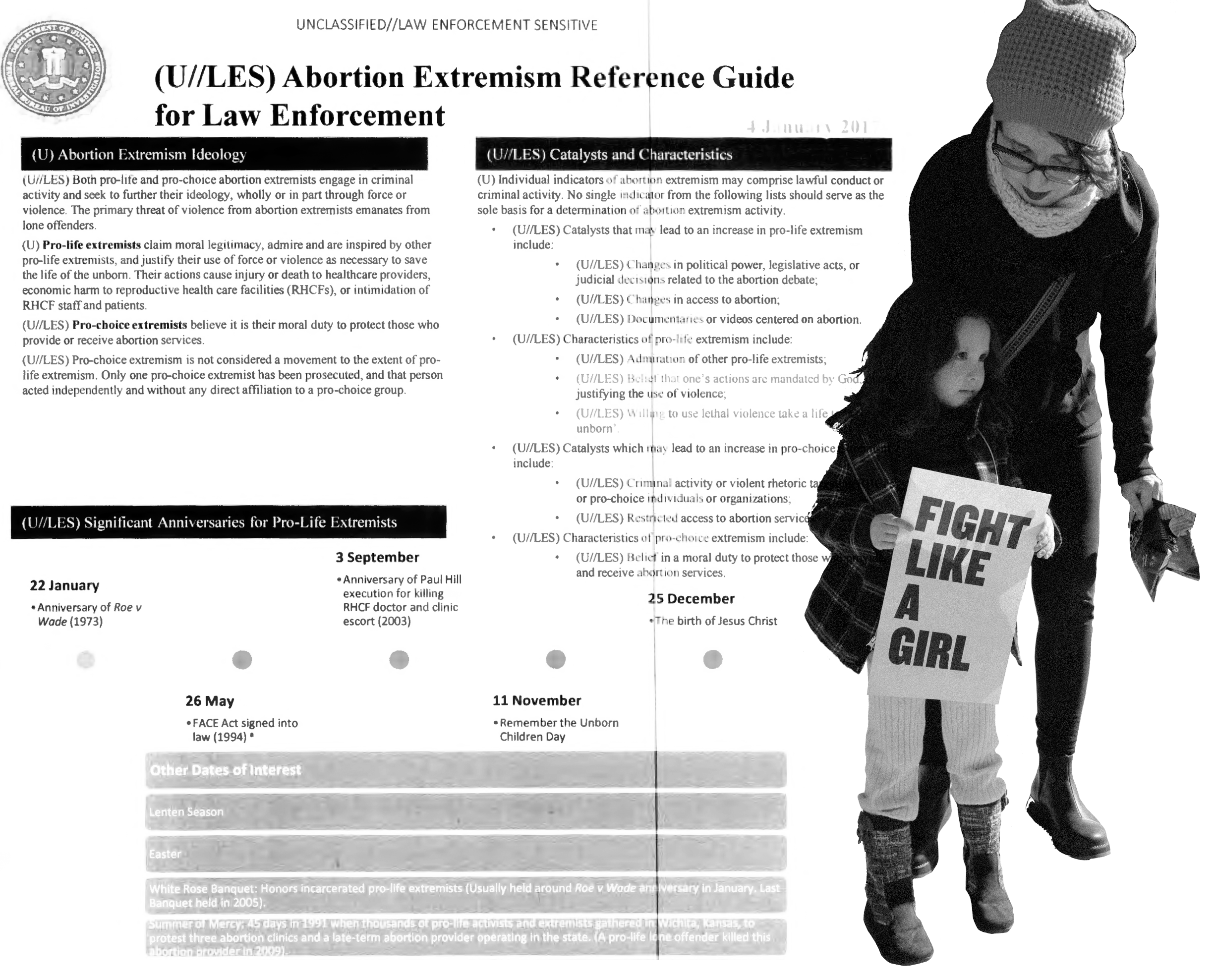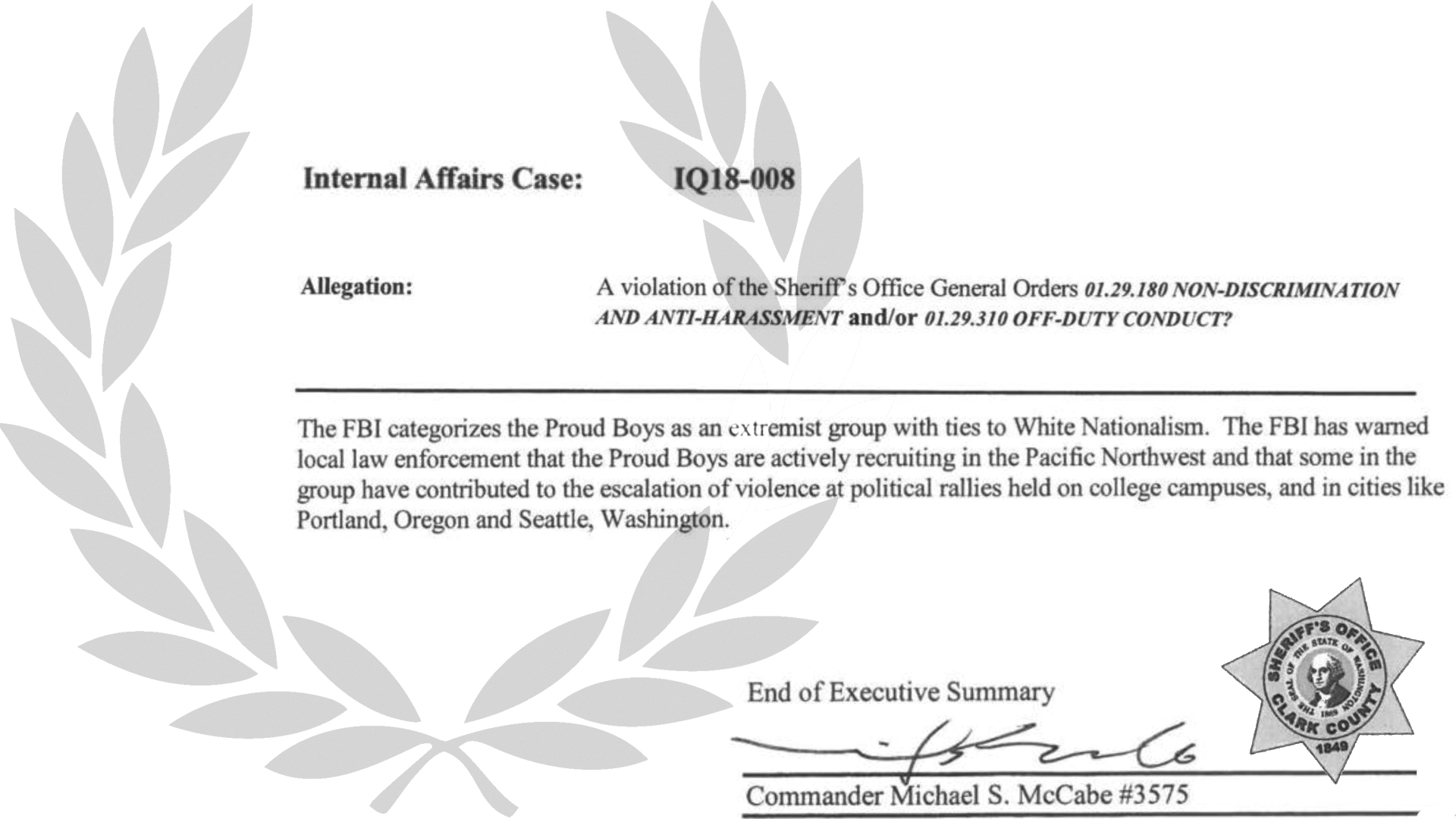[CAMBRIDGE , MA] As revealed in an exclusive report by Jason Leopold for Al Jazeera America, Massachusetts Institute of Technology (MIT) PhD candidate Ryan Shapiro has received the first batch of documents from the FBI as part of Shapiro’s Freedom of Information Act (FOIA) lawsuit for records on Nelson Mandela. The released records largely deal with Mandela’s historic 1990 visit to the U.S. shortly after his release from 27 years in prison for anti-apartheid activities. Though what’s missing from these documents is often as illuminative as what’s disclosed, there’s still a lot here.
Shapiro, a FOIA specialist, is an historian of the political functioning of national security and the policing of dissent. His pathbreaking FOIA work has already led the FBI to declare his MIT dissertation research a threat to national security. Shapiro is also suing the NSA, CIA, and DIA over those agencies’ failure to comply with his FOIA requests for records on Mandela. Shapiro is represented by FOIA specialist attorney Jeffrey Light.
Three key takeaways from the FBI’s release of documents to Shapiro:
1. The FBI spied on Mandela during his first U.S. trip after release from prison.
Although the State Department had primary responsibility for Mandela’s security on his 1990 U.S. visit, the FBI assisted in this task. And in addition to investigating threats made against Mandela, of which there were many (see below), the FBI also took this opportunity to spy upon the newly freed iconic anti-apartheid leader. Shortly before Mandela’s arrival, the FBI developed a confidential informant [pdf] within or closely affiliated with Mandela’s U.S. entourage. This informant provided not only logistical information to the FBI, but also political. This included information regarding a prospective meeting with Louis Farrakhan, as well as the identities and recent travels of African National Congress (Mandela’s political party which was at that time still officially considered a terrorists organization by the U.S. government) leaders in the U.S. Notably, the released documents also show the FBI began clipping press articles about Mandela immediately upon Mandela’s release from prison. The FBI did this as part of a “247” investigation, which pertains to foreign counterintelligence matters. Traditionally, counterintelligence entails the prevention of espionage, however the FBI has historically used term to mean spying on and disrupting political dissidents. The most obvious example is the FBI’s infamous COINTELPRO, or COunter INTELigence PROgram, in which the FBI unlawfully surveilled, infiltrated, and at times violently disrupted anti-war, civil rights, and other American political dissident movements. COINTELPRO targets included Martin Luther King, the National Association for the Advancement of Colored People (NAACP), Muhammed Ali, Students for a Democratic Society (SDS), and the National Lawyers Guild.
2. Mandela was the target of numerous death threats on his 1990 trip to the U.S.
As the FBI reported, the adoring crowds in attendance at Mandela’s U.S. public appearances frequently “overwhelmed police lines and swarmed the motorcade.” However, it was with good reason that the State Department “classified the threat level for this visit as ‘high[.]’” Mandela was the subject of numerous death threats on his 1990 trip to the U.S. Some of these threats were notable for their bizarre nature, such as the man who claimed the famous disk jockey Casey Kasem instructed him to inform the Chicago Terrorism Task Force of his “’visions’ that Nelson Mandela […] and/or the Rev. Jesse Jackson would be assassinated” later that month. And in Atlanta, a man identifying himself only as “Igor” warned he “heard it on the street” that the Cuban Liberation Front was going to kill Mandela in Miami. More ominous was a threat made by an unidentified caller in Georgia who “stated that he and his two companions had spent their lives trying to stop Mandela [and that] they had various weapons and means with which to accomplish this task and had received military training.” Elsewhere, a group calling itself the “Aryan Knights” issued a bomb threat against Mandela. This threat caused the FBI some degree of consternation when the Bureau realized it could not determine which of the many groups identifying as “Aryan Knights” was responsible. Contenders included the so-called “Aryan Knights of the Great Forrest” and the “Aryan Knights Motorcycle Club” of Providence, Rhode Island. A particularly chilling threat came in the form of a letter [pdf] from an unidentified individual in Houston, Texas. Covered in white power insignias and attached to a recent Houston Chronicle article about a potential upcoming visit by Mandela, the letter read, “Remember John F. Kennedy in Dallas? Bring this black murderer to Houston and we will give him a welcome that the world will not forget!!!”
3. The FBI has withheld a huge amount of information from this release, and the NSA, CIA, and DIA have yet to release any documents at all.
In this release, the FBI provided Shapiro with 334 pages of documents on Mandela. However, the FBI withheld in their entirety another 169 pages of responsive records. Further, many of the records the FBI did release are heavily redacted. Some of them, such as this document [pdf], are so heavily redacted as to be ludicrous. The FBI justified these redactions and withholdings in part by invoking FOIA exemptions pertaining to national security and the use of confidential informants. Further, while the FBI’s document release is definitely problematic, the NSA, CIA, and DIA have yet to release any documents at all regarding Mandela in response to Shapiro’s FOIA requests and lawsuit. And these are the agencies most likely to posses records pertaining to U.S. intelligence community involvement in pro-apartheid South African affairs prior to Mandela’s 1990 release from prison. U.S. involvement in these affairs, including the likely involvement of the CIA in Mandela’s 1962 arrest, and the confirmed provision by the NSA of intelligence to the apartheid regime into the 1980s, are deeply shameful.
According to Shapiro:
“It shouldn’t take a lawsuit to obtain records from a FOIA request, and it’s an especially sad day when the notoriously anti-FOIA FBI is the agency coming closest to compliance with the requirements of the statute. The democratic process cannot meaningfully function without an informed citizenry, and such a citizenry is impossible without broad public access to information about the operations of government. It’s time for the U.S. intelligence community to recognize transparency not as a threat, but rather as an essential component of viable democracy.”
To arrange an interview with Ryan Shapiro please email or text Andy Stepanian at andy@sparrowmedia.net or 631.291.3010. You can follow Ryan Shapiro on twitter at @_rshapiro




